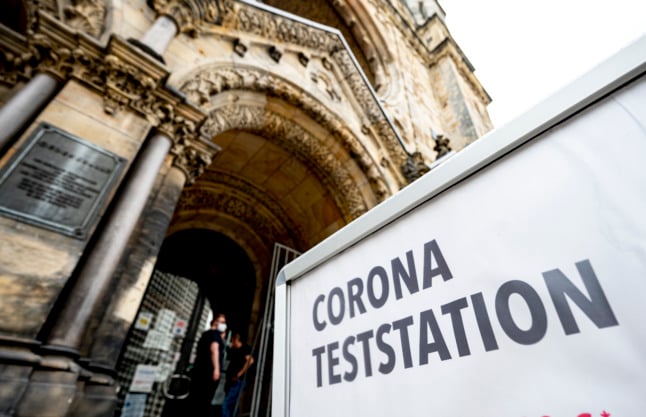Germany’s federal health ministry has ended its funding for free Covid-19 antigen tests – a measure that kept the country’s testing rate fairly high over the course of most of the pandemic.
The decision comes after several federal states, including Bavaria, Baden-Württemberg, Hessen, Thuringia, Lower Saxony, and Schleswig-Holstein – dropped their mandatory isolation periods for people with a Covid-19 infection.
Because free tests were often used to determine whether someone was infected with Covid-19 and had to go into isolation or to allow someone to end their isolation period with a negative test, the federal health ministry said that there’s no longer any reason for it to continue funding tests if isolation isn’t required.
Free tests will remain in place for medical staff until announced otherwise. Tests will also still be free of charge for anyone planning on visiting a clinic or nursing home until the end of February.
In the meantime, many remaining mask mandates in Germany – including the requirement to wear FFP2 or KN95 masks on long-distance trains – will be dropped as of February 2nd.
READ ALSO: Germany to drop mask mandate in trains and buses from February 2nd
Many state governments are also slated to follow suit by dropping mask requirements on public transport starting in February – including Berlin, Brandenburg, Saxony, Thuringia, and Mecklenburg-West Pomerania.
Bavaria, Saxony-Anhalt, and Schleswig-Holstein have already ended the mask-wearing requirement.
READ ALSO: Several German states to drop Covid masks on public transport in February



 Please whitelist us to continue reading.
Please whitelist us to continue reading.
Member comments